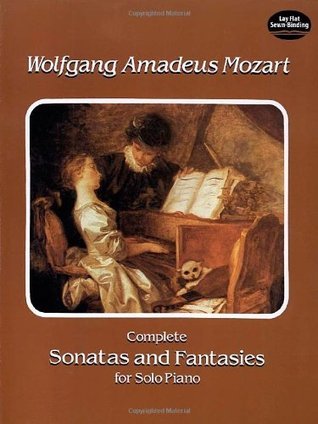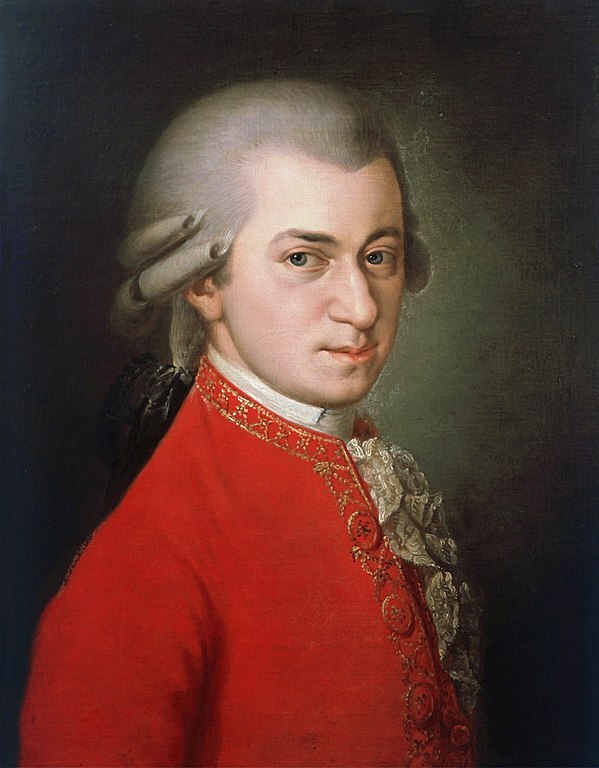
Mozart's piano sonatas and fantasies comprise a body of work so central to the keyboard repertoire that a thorough acquaintance with them is as essential for every serious pianist as it is rewarding for piano students at all levels. This excellent edition contains all 19 sonatas and 4 fantasies, including works that have been erroneously omitted from most Mozart editions. Ranging in their technical demands from the relatively easy Sonata in C Major, K545 (one of the most popular piano works ever composed), to the profoundly moving Fantasy in D Minor, K397, and the challenging Sonata No. 19 in D Major, K576, these works are imbued with the clarity, grace, variety, and limitless invention that have made them perennial favorites with performers and audiences alike. Reprinted from authoritative editions, including Breitkopf & Härtel's Complete Works, this volume is among the lowest-priced and most thorough editions now available.
Author

Wolfgang Amadeus Mozart (1756 - 1791) was a prolific and influential composer of the Classical era. He composed over six hundred works, many acknowledged as pinnacles of symphonic, concertante, chamber, piano, operatic, and choral music. He is among the most enduringly popular of classical composers. Mozart showed prodigious ability from his earliest childhood in Salzburg. Already competent on keyboard and violin, he composed from the age of five and performed before European royalty; at seventeen he was engaged as a court musician in Salzburg, but grew restless and traveled in search of a better position, always composing abundantly. Visiting Vienna in 1781 he was dismissed from his Salzburg position and chose to stay in the capital, where over the rest of life he achieved fame but little financial security. The final years in Vienna yielded many of his best-known symphonies, concertos, and operas, and the Requiem. The circumstances of his early death have been much mythologized. He was survived by his wife Constanze and two sons. Mozart always learned voraciously from others, and developed a brilliance and maturity of style that encompassed the light and graceful along with the dark and passionate—the whole informed by a vision of humanity "redeemed through art, forgiven, and reconciled with nature and the absolute". His influence on all subsequent Western art music is profound. Beethoven wrote his own early compositions in the shadow of Mozart, of whom Joseph Haydn wrote that "posterity will not see such a talent again in 100 years".